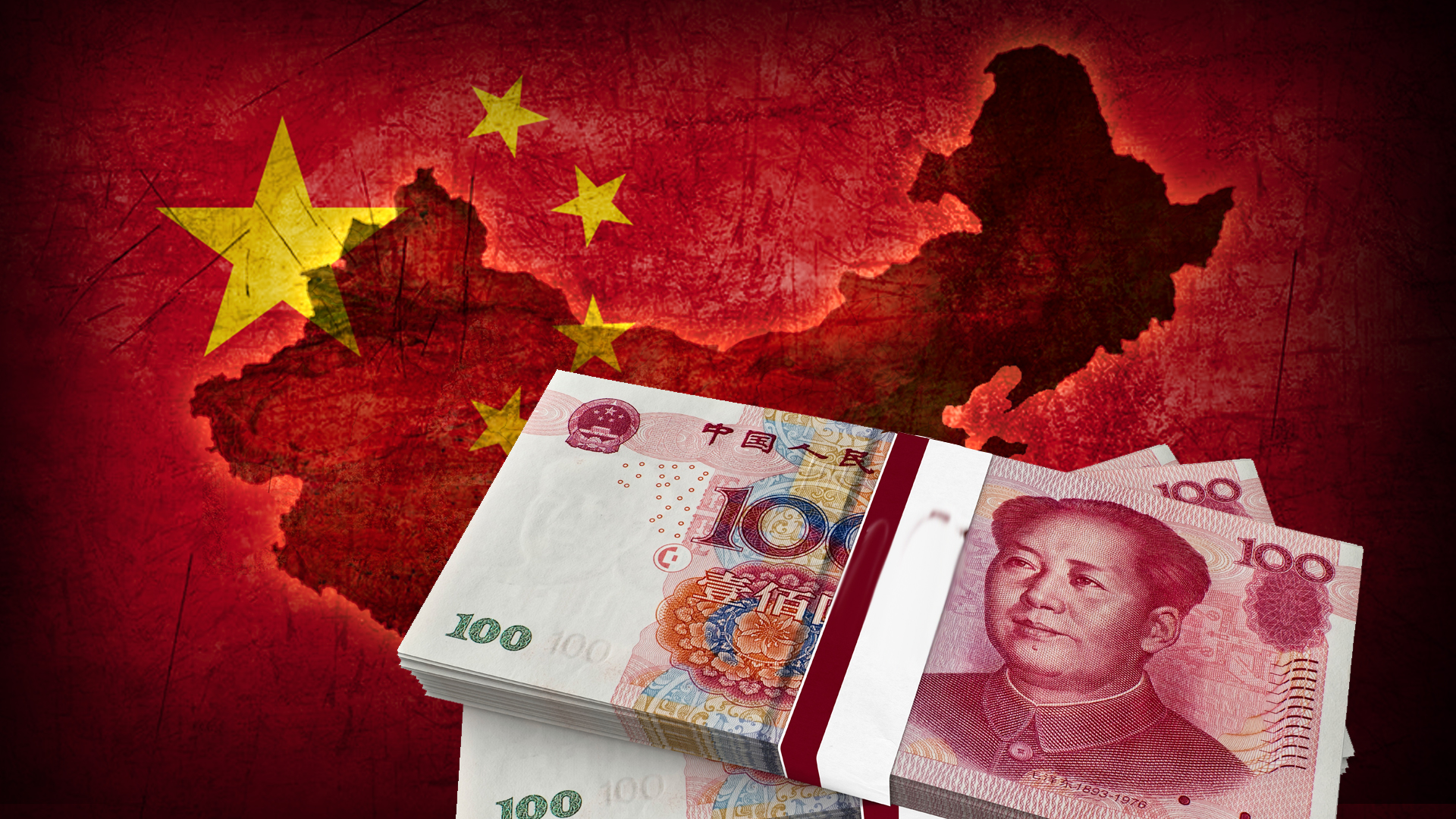On his two day visit to Bishkek, Prime Minister Narendra Modi arrived at Kyrgyz capital for the Shanghai Cooperation Organisation (SCO) summit. It was his first multilateral engagement, post his re-election where he met Chinese President Xi Jinping and Russian President Vladimir Putin. The summit will also welcome Pakistan PM, Imran Khan along with the other leaders.
PM Modi has had meetings with the Chinese leader earlier a few times to ensure good relations between the two countries. Yet, India has been neglecting certain verities in this situation. To understand this, it is primarily important to note that as of today, China professes to be a Communist nation. In fact, it has become a financer and a capitalist nation today.
The Capitals, the Imperialists, and the Colonies
Generally, Capitalists look for avenues for profitable investments. They target markets and cheap raw materials to invest and create more profits. Once, a country’s industrialization touches a satisfactory point, the country will become an imperialist. Thereafter, it starts targeting overseas markets and raw materials. England conquering India and France conquering Algeria and Vietnam are two fine examples of the same.
The British and French imperialism was on the defensive, while the German imperialism was aggressive. The latter not only wanted to hold the colonies but also conquer and enslave other countries. Hence, they are meant to be one of the strongest and most dangerous for the entire world. Presently, the country is focusing on economic expansion by deep rooting and undercutting various other economies of the world.
In the past decades, China’s overseas investments have propelled to great heights. It is evident that China has bragged its stance in every field in several nations like Asia, Africa, Latin America, and of course the USA and Europe. It has constructed a tremendous infrastructure of roads, railways, oil pipelines, power grids, ports, etc. that connect it to almost the entire world. Primarily, it focuses on essential infrastructures like ports e.g. Gwadar in Pakistan, Piraeus in Greece, and Hambantota in Sri Lanka, and creates a benchmark for other competitors. In addition, China is also aiming to sell cheaper goods to underdeveloped nations like Pakistan, to make the local market uncompetitive.
China strategically ensures high tariffs on their own goods. As mentioned by President Trump, the Chinese bluff includes 25% tariffs on the import of automobiles. However, USA imposes a tariff of 2.5% only for car imports. Hence, Trump introduced tariffs on several Chinese goods assuring for more in the future. Though, China’s retaliatory tariffs will bring very little effects to the USA.
China’s economic relations with India
In 1947, India was a British colony and the British ensured that India remained unindustrialised. In the post-independence era, the nation started manufacturing the goods that were to be imported earlier. With such a big leap, India had already attained a certain level of industrialization. Eventually, the Chinese intruded into the Indian markets using India’s domestic industries. India’s exports to China are 16 billion dollars. Whereas, imports from China are almost 68 billion dollars. It mainly includes value-added goods like mobile phones, plastics, electrical goods, machinery, and parts. Surprisingly, this is a typical example of a relationship between an imperialist and its colony. Chinese companies use aggressive pricing, state subsidies, protectionist policies, and cheap financing.
From the telecom sector to the Indian homes, Chinese goods have conquered themselves almost everywhere in India. Chinese companies like Huawei, ZTE, Lenovo, Xiaomi, CSITEC, CMIEC, Haier, TCL, Jiangsu Overseas Group Companies, and FiberHome Technologies are greatly aided by the Chinese government. This has awarded them with aggressive diplomacy in all over the globe. What people assume is that the prominent danger from China can be erased using sweet words and maneuvers. But the truth is that the Chinese imperialism will persist, in spite of one’s personal wishes. This is because the Chinese imperialism has evolved from strong economic objectives and laws.
It is therefore unlikely that relations between India and China will improve in the future. The Chinese have become predators and almost each and every nation in the world is gradually falling prey to its power and strategies. It is high time that countries realize this and stand united against China’s quiet and progressive attack.

